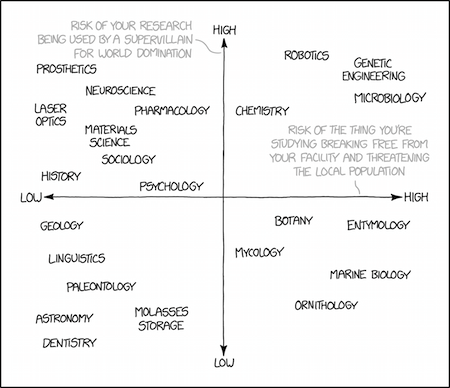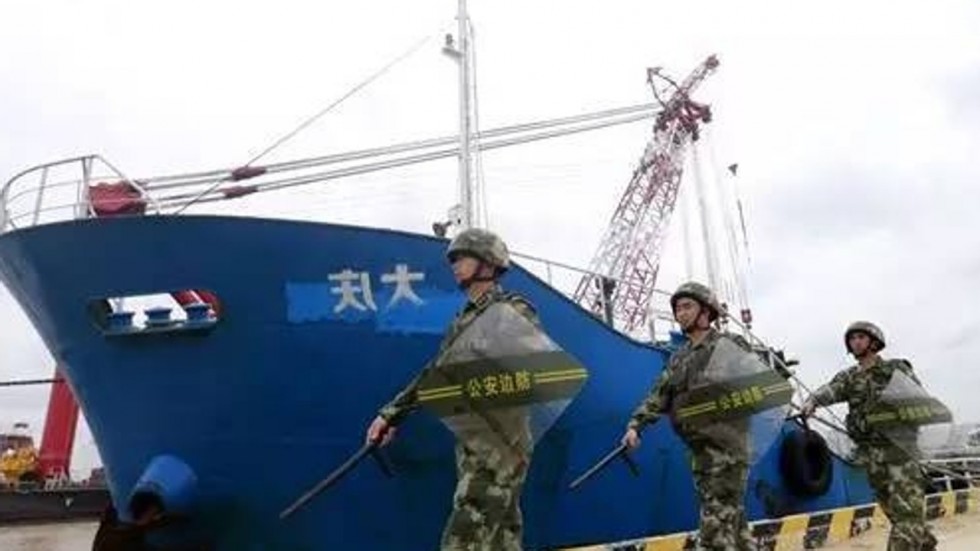What to call editing residues?
Allegra Kirkland, "Sessions Denies Knowing Of Flynn Turkey Dealings, Alleged Kidnapping Plot", TPM 11/14/2017:
Attorney General Jeff Sessions denied knowing that former national security adviser Michael Flynn lobbied on behalf of Turkey and allegedly discussed with Turkish officials the possibility of kidnapping of a U.S.-based Muslim cleric while serving on the Trump campaign.
The string of words in boldface strikes me as an unidiomatic blend of two idiomatic phrases, presumably created by an incomplete edit meant to turn one form into the other:
- the possible kidnapping of a U.S.-based Muslim cleric
- the possibility of kidnapping a U.S.-based Muslim cleric
Assuming my diagnosis is right, what's the term for errors of that kind? Or is there one?
Read the rest of this entry »



